
ICIEC and Food Security
ICIEC Food Security Offerings
As a Multilateral Development Financial Institution, ICIEC pledges its total capacity and resources to contribute to the sustainable development of our Member States and stand by them during times of crisis. Our unwavering commitment to Food Security exemplifies ourdedication to fostering resilience, growth, and prosperity across diverse landscapes.
In a proactive role within the IsDB Group Food Security Response Program (FSRP), a collaborative initiative adopted by an Extraordinary Special Meeting of the Boards of Directors of IsDB, ICIEC, and the Islamic Solidarity Fund for Development (ISFD) on July 28, 2022, ICIEC has allocated an insurance capacity of USD 500 million spanning a period of three and a half years, from the second half of 2022 through the end of 2025. This program aligns well with both the developmental objectives of ICIEC and the broader Sustainable Development Goal 2.
ICIEC’s role within the FSRP is oriented towards the Least Developed Member Countries (LDMCs). With a focus on exporters, contractors, investors, and financial institutions, our efforts are twofold:
arrangements in partnership with respected global reinsurance entities.
Immediate and Emergency Response :
ICIEC provides Credit and Political Risk Insurance solutions to facilitate the import of essential commodities such as food, seeds, fertilizers, and agricultural equipment. We aim to ensure that critical supplies reach where they are needed most swiftly and effectively.
Immediate and Emergency Response :
ICIEC provides Credit and Political Risk Insurance solutions to facilitate the import of essential commodities such as food, seeds, fertilizers, and agricultural equipment. We aim to ensure that critical supplies reach where they are needed most swiftly and effectively.

In USD Million
ICIEC-FSRP Approvals by Country
Since the program’s inception from July 2022 until December 2023, ICIEC’s approvals related to food security have already surpassed USD 788 million, surpassing our initial pledge of USD 500 million for the entire period until December 31, 2025.
ICIEC’s contribution to food security is a global effort, spanning all geographic zones of its Member States. Beneficiaries have emerged from Sub-Saharan Africa (Senegal and Uganda), MENA (Algeria, Egypt, Palestine), and Asia (Bangladesh, Indonesia, Maldives, and Uzbekistan). ICIEC initiatives primarily facilitate banking transactions, enabling the import of essential agriculture equipment, fertilizers, sugar, wheat, grains, soybeans, canola, and more. Additionally, we drive investments to modernize the agriculture sector and expand agricultural projects, reinforcing resilience against future food crises.
Partnership
In pursuit of maximizing our support, ICIEC forged partnerships with esteemed financial institutions and organizations:

ICIEC has entered Memorandums of Understanding (MOU) with Investment and Banking Institutions, merging financing solutions with risk mitigation services to facilitate food trade and agricultural investments within our Member States.
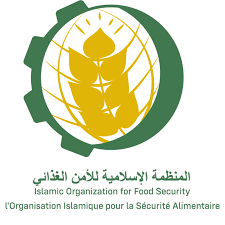
ICIEC has also initiated a strategic partnership with the Islamic Organization for Food Security (IOFS), an esteemed Organization of Islamic Cooperation (OIC) member, to advance food security, sustainable agriculture, and rural development across our Member Countries.
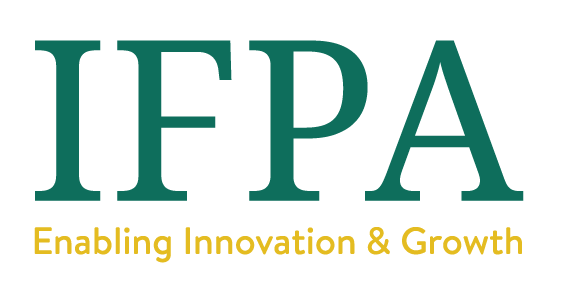
ICIEC also signed a Strategic Partnership Agreement with the Islamic Food Processing Association(IFPA), which aims to boost B2B cooperation between Agri-Businesses and Private Sectors in OIC Countries to enhance Intra-Trade and Investment further
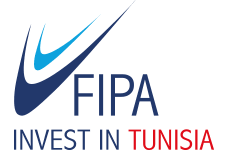
ICIEC also cooperated with Tunisia’s Foreign Investment Promotion Agency (FIPA) to increase the cooperation between the FIPA/OIFS and the IsDB Group private sector entities in trade finance transactions.

Within the Arab African Trade Bridges program (AATB) , ICIEC has spearheaded the establishment of the Arab Africa Guarantee Fund (AAGF), encompassing the Arab Africa Green Facility and the Arab Africa Food Security Facility.
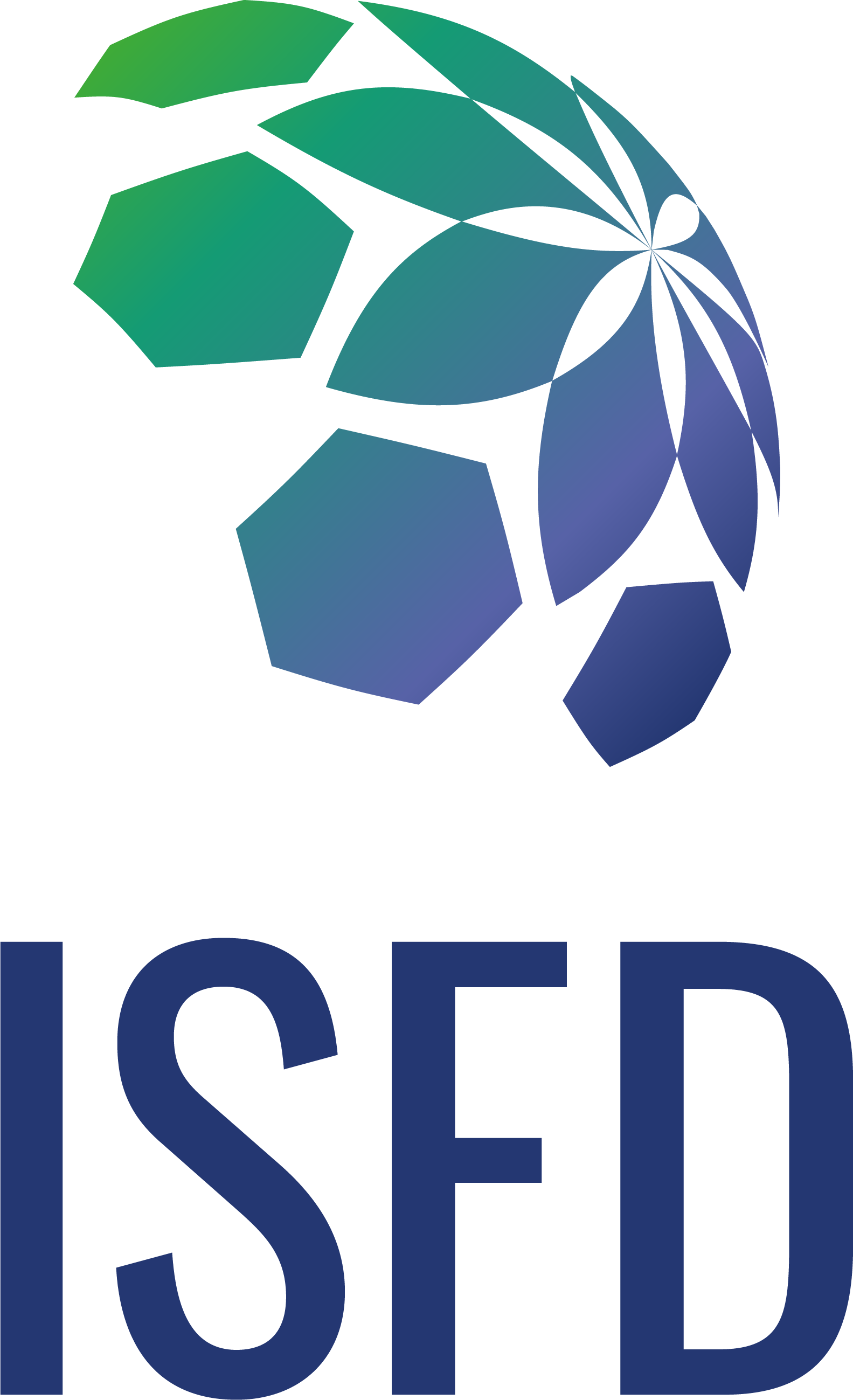
Moreover, the Corporation is in the process of partnering with the Islamic Solidarity Fund (ISFD) to replicate the successful “ICIEC-ISFD COVID Emergency Response Initiative” (ICERI) under the Strategic Preparedness and Response Program (SPRP). The IsDB Group designed this initiative to assist Member States in combating the impact of the COVID-19 pandemic.
Case Studies
ICIEC Supports the Agriculture Sector in Palestine
ICIEC provided USD 7.6 million insurance coverage for equity investments in Nakheel Palestine for Agricultural Investment against the risks of expropriation, war, and civil disturbance, including temporary loss of income.
The project aligns with the iciec priority area of supporting the fsrp to achieving the sdg2 of achieving food security, promoting sustainable agriculture, empowering small farmers, promoting gender equality, ending rural poverty, ensuring healthy lifestyles, and generating foreign exchange earnings for the palestinian economy by exporting 60% of its production to the international market. The nakheel project has a social dimension considered a critical employer in a region hard hit by unemployment and poverty where most of the population makes a living from agriculture and dates cultivation sectors. Nakheel employed 74 permanent and 741 temporary employees, of which around 30% were women, and 60% of the employees came from low-income families.
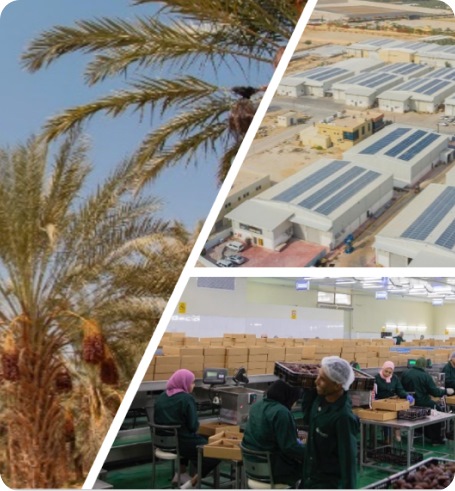
Case Studies
ICIEC supports Financing for ESG infrastructure projects in Uganda
ICIEC provided EUR 145 million in insurance to support ESG-related projects in Uganda. ICIEC agreed with the government of Uganda, Standard Chartered Bank (SCB), and Société Générale (SocGen) to offer cover on selected projects that are considered vital for the OIC Member State. The backed Financing will go towards agriculture, solar energy (climate change), water infrastructure, and healthcare. After completion, the projects will immediately improve the lives of millions of people. The key positive results of the support intend to improve living conditions, increase access to safe drinking water to 95%, increase life expectancy and health-adjusted life expectancy, improve food security conditions, increase agricultural productivity, and promote the green economy.

Case Studies
Supporting Financing for the procurement of strategic goods and Agri commodities in various Member States
ICIEC has provided multiple member states USD 50 million in one-year support through its Bank Master Policy –Loan Facility Agreement (BMP). This support has been through the mobilization of ST trade credit facilities used by member states for their exporters and the import of strategic goods such as fertilizer, petrochemicals, steel, and agricultural commodities.
Cover under the BMP was first offered in 2019 to FIM Bank, Malta, and Incomlend, Singapore. The BMP is a single/multiple (portfolio) non-payment risk policy that serves as a credit enhancement instrument for commercial banks and financial institutions in non-member states. The product is designed to facilitate conventional trade finance loans and promote trade transactions that fall within the scope of ICIEC’s mandate, promotion of member country exports, bilateral trade, and procurement of strategic goods by member states. This has proven to be an effective risk-mitigant instrument that benefits the member countries in meeting their trade financing requirements.

Case Studies
Access to Clean Water in Abidjan
ICIEC provided EUR 107 million for a Non-Honoring of Financial Obligation Loan Guarantee to Société General Paris to support the construction of a water supply facility in Abidjan, Cote d’Ivoire. Since 2002, rural-to-urban migration in Cote d’Ivoire has increased, placing high demand on the existing water supply. Before this Project, most of the population relied on underground water, which is often unreliable and unsafe for consumption. ICIEC’s support for this Project has a significant human development impact, delivering clean water to nearly 2 million citizens and creating 450 jobs for local citizens. Moreover, the Project allows for more sustainable management of the aquifer around Abidjan, preventing the depletion and pollution of groundwater resources. Developing basic infrastructures such as water, sanitation, and distribution facilities is crucial to achieving sustainable development and empowering communities in Cote d’Ivoire.
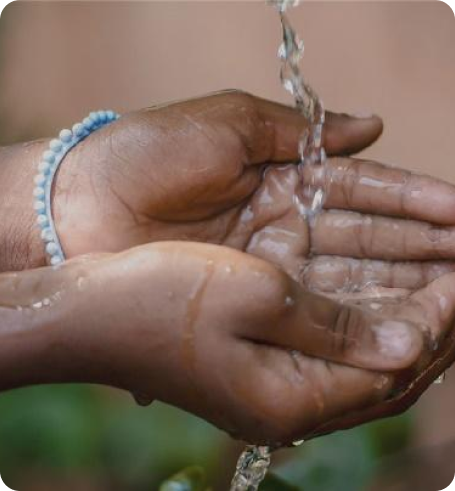
Case Studies
Supporting the Import of Vital Agricultural Machinery
The Islamic Corporation for the Insurance of Investment and Export Credit (ICIEC) provided USD 40 million insurance cover to ING Bank (Tokyo Branch) for a financing facility to Turkmenistan to purchase Komatsu machinery from Japan to develop the country’s agriculture sector. The insurance cover to mitigate non-payment risk comes under ICIEC’s Non-Honoring of Sovereign Financial Obligations Policy. The extended financing facility to the Government of Turkmenistan is through the State Bank for Foreign Economic Affairs (TFEB).
The development impact of the facility and insurance coverage is wide-ranging. It includes reducing Turkmenistan’s exposure to volatile commodity prices, diversifying the economy and exports, stabilizing import substitution and balance of payments, improving food self-sufficiency and the efficiency of the agriculture sector by providing the latest irrigation technology, thus increasing yields, and promoting the rational use of water resources and the provision of clean water.
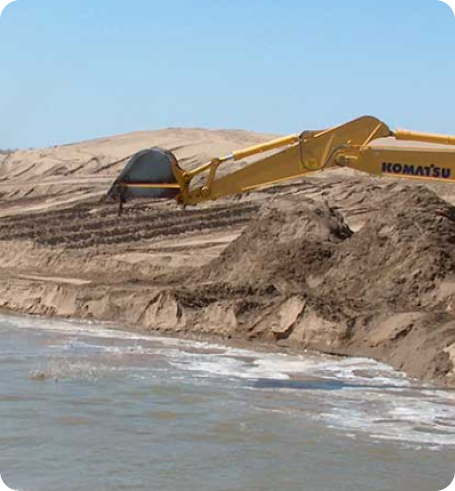
Case Studies
Securing essential imports of wheat to enhance food security in Bangladesh
ICIEC is supplying USD 7.1 million in coverage under the ICIEC-ISFD COVID-19 Emergency Response Initiative (ICERI) to one of Bangladesh's leading private commercial banks, the State Bank of India (SBI). The transaction serves to directly respond to the challenges posed by the COVID-19 pandemic by supporting the importation of vital wheat imports into the country at a subsidized cost, enhancing food security for the citizens of Bangladesh. This transaction directly contributes to the achievement of SDG 2: Zero hunger in ICIEC’s member states.

Case Studies
ICIEC insurance supports Financing for Senegal’s urgent strategic commodities
ICIEC has recently extended USD 9 million in LC confirmation insurance to BMCE Bank of Africa Morocco to secure urgent imports of strategic commodities to Senegal. The COVID-19 pandemic and flooding have caused severe supply chain disturbance and economic distress in the country. The ‘ICIEC ISFD Covid-19 Emergency Response Initiative’ has eased the financial burden on the transaction by structuring a concessional all-in pricing mechanism, helping Senegal to preserve the flow of essential imports.

Case Studies
Supporting Commodities Financing for Bank Muamalat Indonesia
ICIEC provided USD 5.4 million in insurance coverage to a Bank Muamalat Indonesia Tbk (KL Branch). The transaction covered the export receivables or up to 75 % of losses from commercial and country risks.
ICIEC's support of export financing encourages exporting commodities from the Member States. The facility allows Bank Muamalat to increase its export financing capacity and relieve the financial risks of the exporters. The development impact of this Project is in providing support to trade and exports, thereby indirectly fostering employment and economic development in Indonesia.

Case Studies
Supporting the Increase of Livestock Exports
ICIEC has provided cover to support livestock exports from Sudan to Saudi Arabia since July 2009. ICIEC’s reinsurance cover to Shiekan Insurance and Reinsurance Company and the National Agency for Insurance and Finance of Exports (NAIFE) facilitated the export of 1.2 million sheep. The success of this experience resulted in coverage for more livestock exports from Sudan to other countries, including Egypt, Jordan, and Qatar. Subsequently, in 2010, ICIEC’s policy with Shiekan Insurance and Reinsurance Company Ltd was accepted by the Central Bank of Sudan as a first-order guarantee. This eliminated the need for exporters to assign real estate property as collateral to banks. This structure helped Sudan increase its livestock exports to Saudi Arabia to more than USD 200 million in 2011 and 2012.

Case Studies
Supporting Small-Scale Farmers
Sudan grows a variety of crops. ICIEC’s Shariah-compliant insurance policy against expropriation risk to the Eastern and Southern African Trade and Development Bank (TDB) covers a EUR 199.5 million Murabaha financing facility to the Agriculture Bank of Sudan (ABS), which supports small-scale farmers to export sorghum and sesame. The loans issued under the facility have contributed to increasing the productivity of agriculture in Sudan through the increased availability of seeds and fertilizers. More than one million farmers and their families benefited from this support.
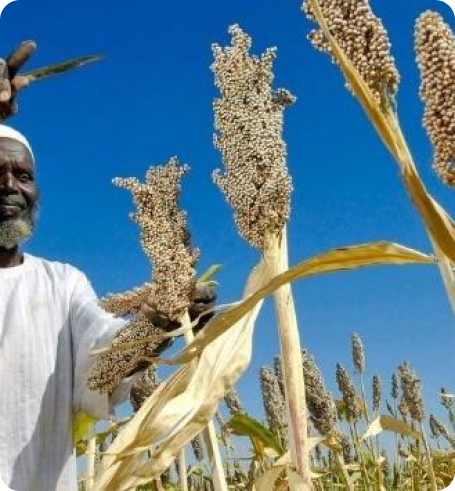
Case Studies
Supporting the Expansion of the Kenana Sugar Project
ICIEC offered a FIIP covering a USD 11.5 million operating lease (equipment) investment for the Kenana Sugar Company Expansion Project in Sudan. The maximum amount insured was USD 13.44 million with a 6-year tenor. The factory has operated since 1975 despite the country's significant challenges. The expansion project not only increased the existing crushing capacity of sugar cane from 17,000 mt to 26,000 mt per day but also diversified sources of income by introducing the processing of the factory’s byproducts of bagasse and molasses to produce coal briquettes and molasses block feed. The Project created more than 300 jobs and increased technology transfer.


